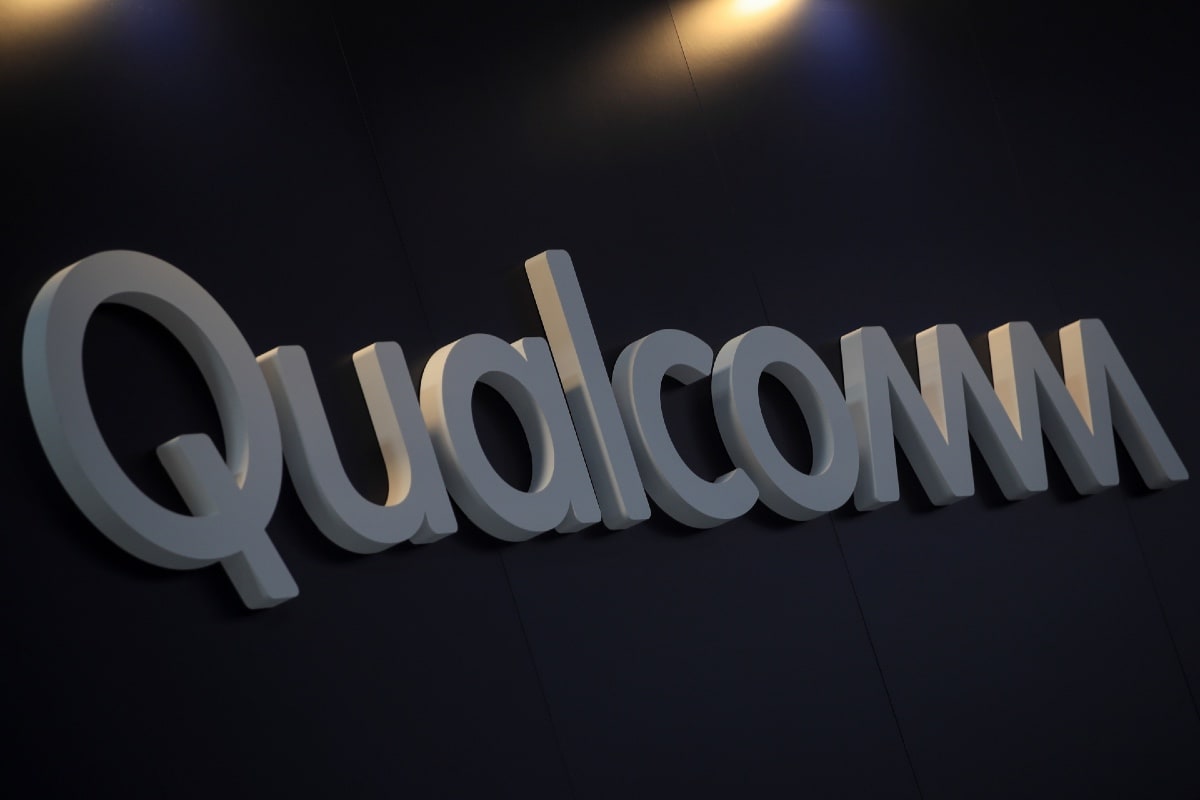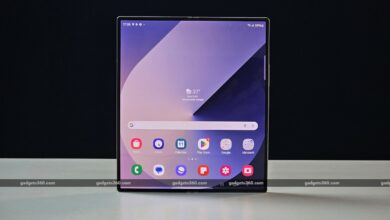Qualcomm’s potential acquisition of Intel could raise antitrust and foundry concerns

A potential acquisition of Intel could accelerate Qualcomm’s diversification, but would also saddle the smartphone chip maker with a money-losing semiconductor manufacturing unit that it may struggle to turn around or sell, analysts said.
A takeover would also face tough antitrust regulations worldwide, as it would unite two major chip companies in what would be the industry’s largest deal ever, creating a giant with a large share of the smartphone, PC and server markets.
Shares of Intel rose nearly 3 percent on Monday after media reports late Friday about Qualcomm’s early-stage approach to the struggling chipmaker. Qualcomm shares fell 1.8 percent.
“The rumors of a deal between Qualcomm and Intel are intriguing on many levels and, from a pure product perspective, it makes some sense as they have some complementary product lines,” said Bob O’Donnell, founder of TECHnalysis Research.
“However, the reality of it actually happening is very low. Furthermore, it is unlikely that Qualcomm would want all of Intel and it simply would not be possible to separate the product business from the foundry business,” he said.
Intel, once the dominant player in the semiconductor industry, is facing one of its toughest times in five decades as losses mount at the contract manufacturing facility it is building in hopes of challenging TSMC.
Intel’s market cap has fallen below $100 billion (approximately Rs 8,363,133 crore) for the first time in three decades, as the company missed out on the generative AI boom after passing up an OpenAI investment.
At last close, its market capitalization was less than half that of potential buyer Qualcomm, which is valued at around $190 billion (approximately Rs 15,88,934 crore).
Given that Qualcomm had around $7.77 billion (approximately Rs 64,980 crore) in cash and cash equivalents as of June 23, analysts expect the deal to be funded largely through stock and would be highly dilutive for Qualcomm investors, which is likely to cause some concern.
Qualcomm, which also supplies Apple, has accelerated efforts to expand beyond its core smartphone business into chips for industries including automotive and PCs under CEO Cristiano Amon. But it remains overly dependent on the mobile market, which has struggled in recent years amid a post-pandemic drop in demand.
Amon is personally involved in negotiations with Intel and is exploring various options for a deal for the company, sources have told Reuters.
This isn’t the first time Qualcomm has pursued a major acquisition. It offered to buy rival NXP Semiconductors for $44 billion (roughly Rs. 3,67,973 crore) in 2016, but abandoned the bid two years later after it failed to get approval from Chinese regulators.
Foundry riddle
While Intel designs and manufactures the chips that power personal computers and data centers, Qualcomm has never operated a chip factory. It uses contract manufacturers such as TSMC and designs and other technology supplied by Arm Holdings.
Analysts say Qualcomm lacks the experience needed to scale Intel’s fledgling foundry business. Intel recently named Amazon.com as its first major customer.
“We don’t know why Qualcomm would be a better owner for those assets,” Bernstein’s Stacy Rasgon said.
“We also don’t really see a scenario without these systems. We don’t think anyone else would want to run them and we don’t believe it’s politically feasible to do away with them,” he added.
Intel’s foundry business is seen as crucial to Washington’s goal of growing domestic chip manufacturing. The company has secured about $19.5 billion (roughly Rs. 1,63,079 crore) in federal grants and loans under the CHIPS Act to build and expand factories in four U.S. states.
Some analysts said Intel would favor outside investment over a sale, pointing to a recent move to make its foundry business more independent.
Bloomberg News reported over the weekend that Apollo Global Management, already a partner in Intel’s Irish operation, has offered a whopping $5 billion (approximately Rs 41,814 crore) investment in the company.
Qualcomm could also decide to buy parts of Intel’s business, rather than the entire company. Reuters reported earlier this month that it was specifically interested in Intel’s PC design unit.
© 2024 Bloomberg LP




